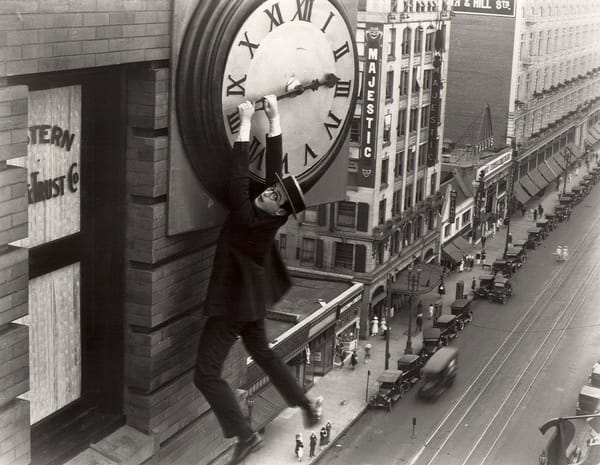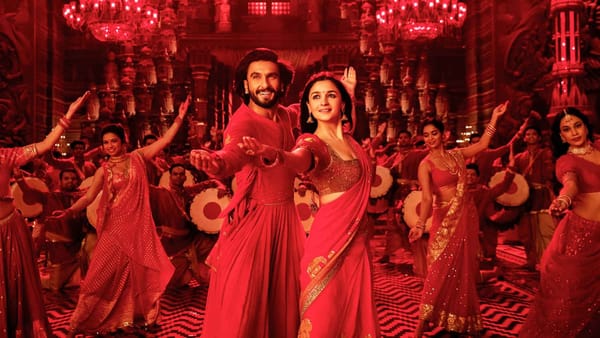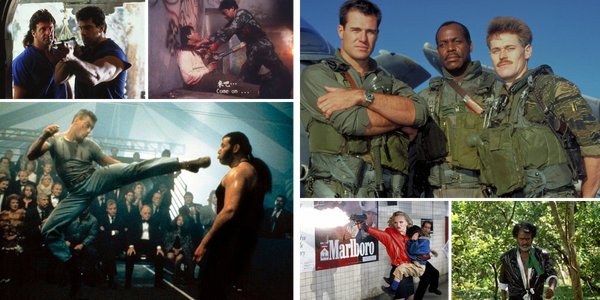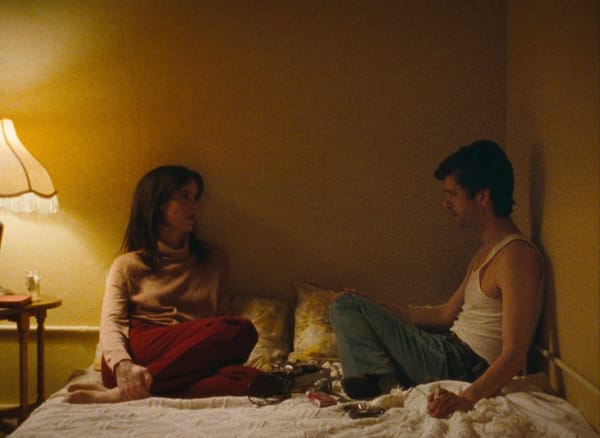20 great movies from the past 20 years: Caché
Counting down to BOTY season with some of my favorite movies of the century
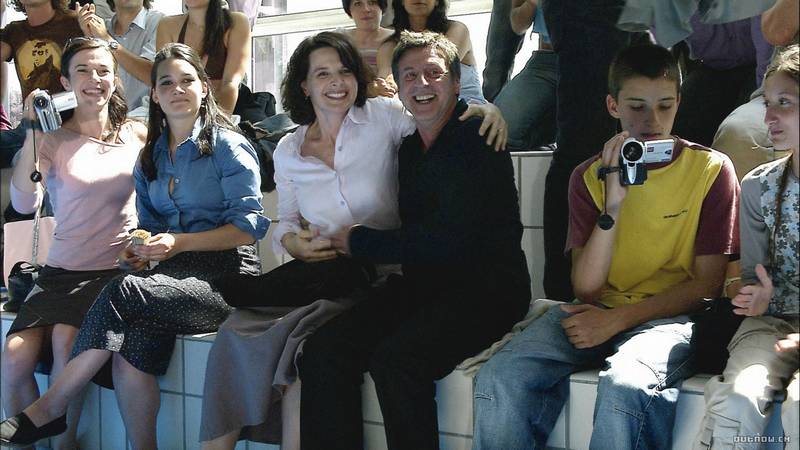
The annual rush of best-of-the-year lists each December is one of my favorite times of the year. I’ve been making frivolous lists of things I like since I was a small child, pulling together (seemingly random) lists of historical baseball players. And I particularly enjoy BOTY season because it combines my lifelong passion for lists with the opportunity to better understand other people’s tastes and learn about titles I should check out myself.
In preparation for this year’s BOTY season (and the first for PV Guide as a publication), I’ll be counting up to 2025 year-by-year, recommending a movie I love. It won’t always necessarily be my absolute favorite movie of that year, just one I wanted to revisit and that I think more people should check out. We’ll start with 2005 this week, then 2006 next week – you get the picture.
This first entry will be free to all readers, but future ones will have a paywall. Subscribe today if you haven’t already! (A note for those waiting for the migration from Substack: our move to Ghost should officially go through next week!)

2005: Caché
I very nearly chose Tony Jaa’s The Protector this week, because that movie kicks ass and has perhaps the greatest oner in action movie history. Go ahead, watch it. I’ll wait.
I think we all feel a bit more energized now (or perhaps exhausted on Jaa’s behalf). Now, onto what I actually chose this week.
My appreciation for film as an artform was truly kicked off by a group of film studies classes I took in college. The most impactful was The Violence of Cinema, which covered both depictions of violence in cinema and how cinematic techniques themselves can be violent. A fascinating course that forever changed my perspective on how violence is depicted in art, The Violence of Cinema certainly played no small part in my interest in action movies.
The first half of the course focused on works from a variety of great filmmakers: Sergei Eisenstein, Charlie Chaplin, Jean Renoir, Preston Sturges. The second half focused exclusively on the work of Austrian filmmaker Michael Haneke, an artist uniquely focused on violence and how it is depicted on film. Haneke eschews traditional depictions of violence in film, which often present the acts from the perpetrator’s point-of-view, instead showing violence casually and without any glorification or excitement. His movies can be difficult and depressing, but his extraordinary skill as a writer and director and the immense amount of thought he puts into his projects made every Haneke film we watched in the class worthwhile.
There were a few of Haneke’s movies that stood out to me as we worked through his oeuvre. I found his first feature, The Seventh Continent, to be deeply moving, and I remember being extremely impressed by the clever construction behind 71 Fragments of a Chronology of Chance. But one was far and away my favorite: the psychological thriller Caché.
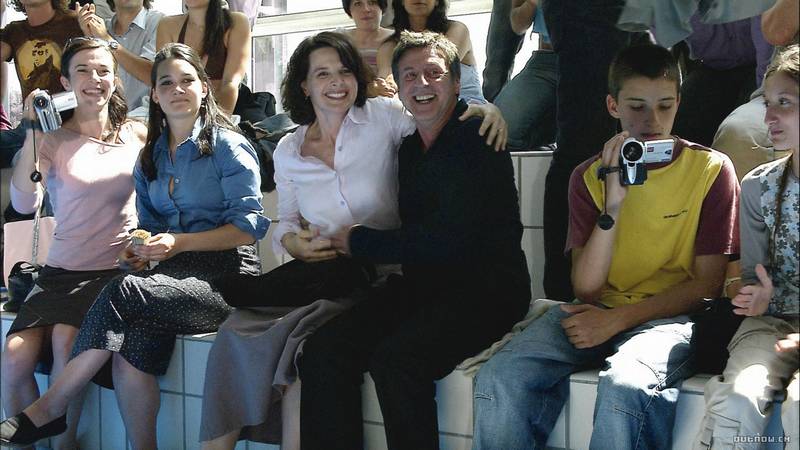
After coming up with this series idea, I found myself extremely excited to revisit Caché for the first time since college to see how I responded to it now. It blew me away, once again. I haven’t been this gripped by a movie in a long time.
The movie follows a well-off French couple (Daniel Auteuil and Juliette Binoche) who start to receive a series of mysterious, anonymous packages in the mail: Video tapes with lengthy, mundane recordings of the front of their house. The couple are disturbed by this surveillance, and it jogs unwelcome old memories for the husband as the pair try to figure out who’s behind the tapes. Haneke also uses some very clever (and enjoyably jarring) filmmaking techniques that play with the idea of perspective and surveillance while upending audience expectations of the images they are looking at, like fast forwarding and rewinding frames that are initially presented to the audience as an standard, impartial camera perspective.
While compelling, the mystery is secondary to Haneke’s real goal: a masterful exploration of guilt, how we process it, and what we’re willing to forget – individually and collectively. The dark events in husband’s past are drawn sharply (but not bluntly) in parallel to conversations around the 1961 Paris massacre, where French police killed hundreds of Algerians protestors in a mass killing the French government refused to recognize for decades. Haneke also brings in depictions of then-and-still contemporary real-life state violence to pull it all together, reminding us that the past is never truly in the past, and these evil deeds are cycles we as a species will continue to repeat and collectively try to forget. May we one day truly recognize and reckon with them.
Caché is available to rent on VOD platforms.
PV Guide is a reader-supported publication. To receive new posts and support my work, consider becoming a free or paid subscriber.

